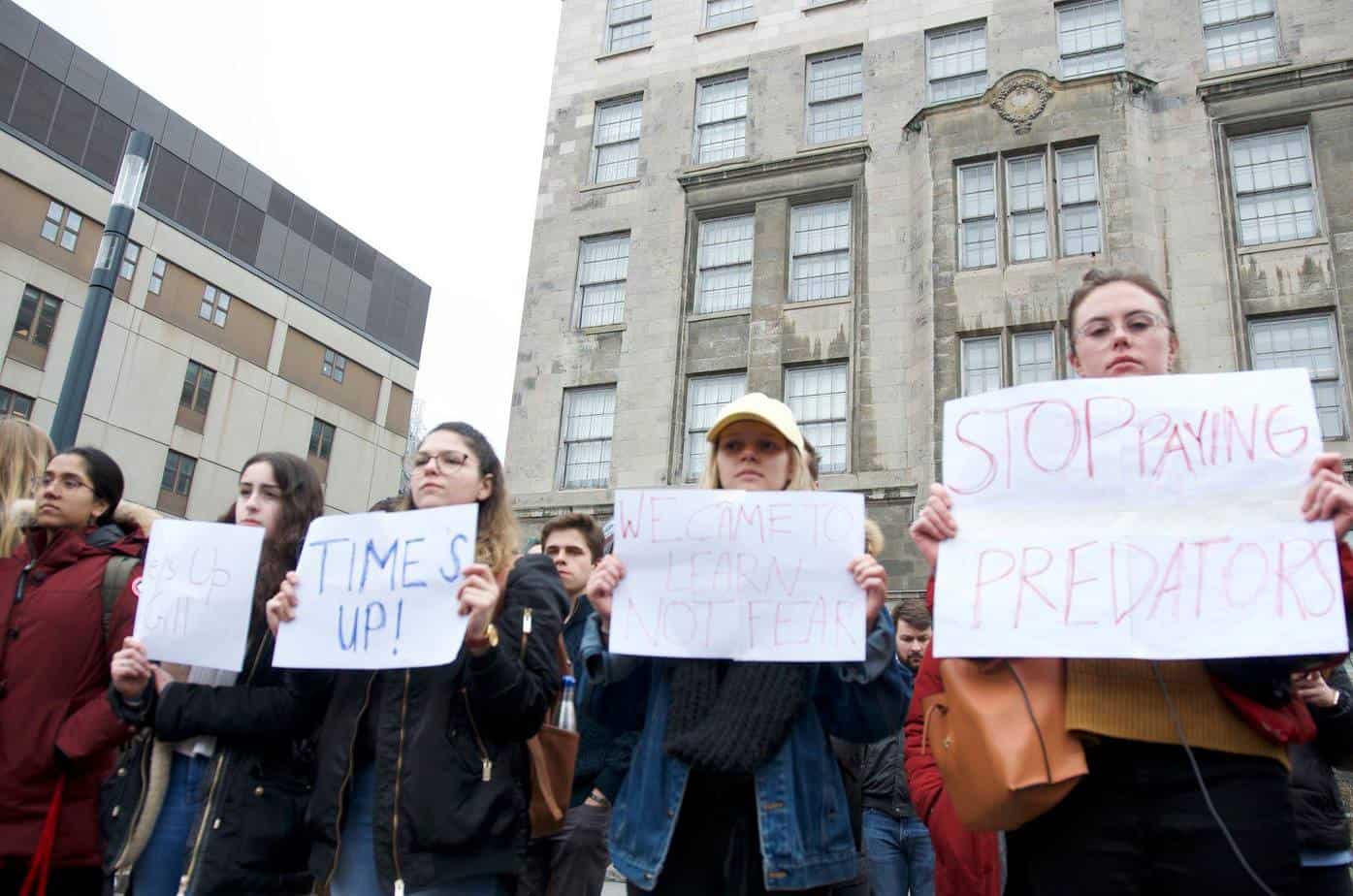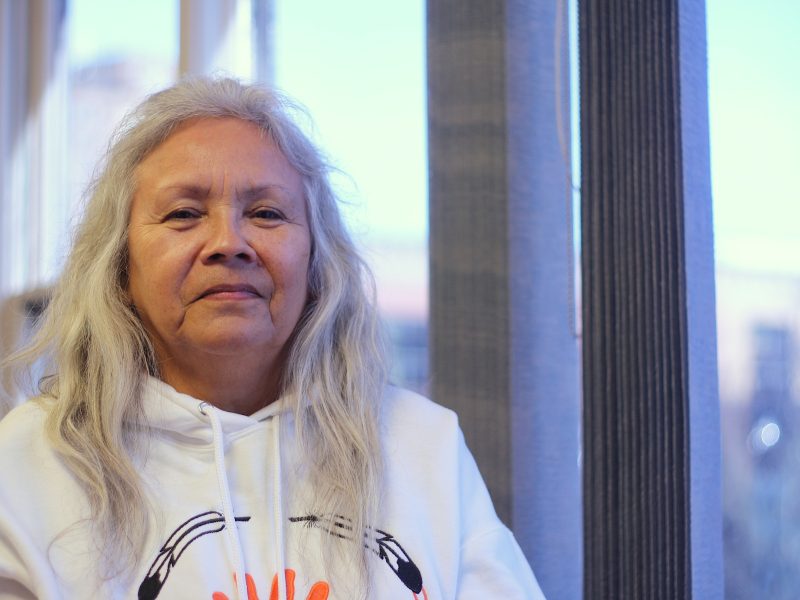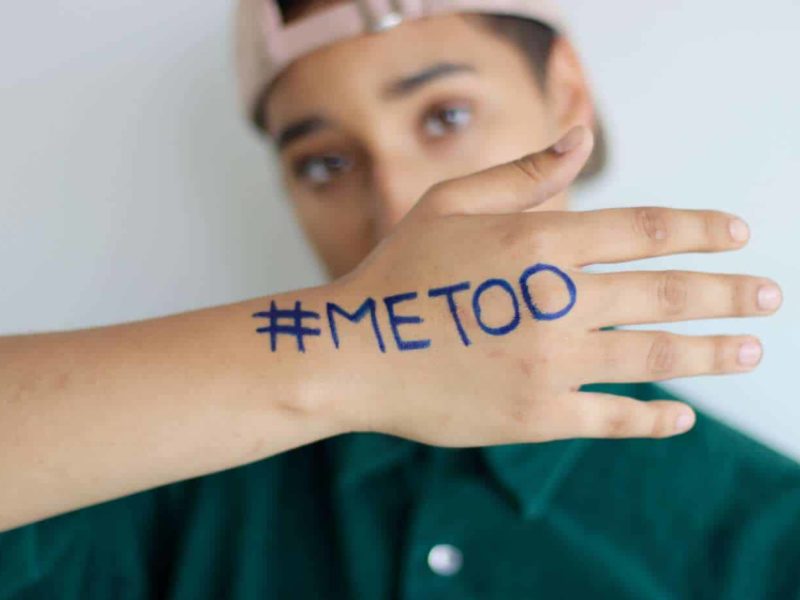
Last week I released the first part of my investigation into “gag orders” in university sexual violence policies and practices. It kicked off the project I’ll be working on for the next few months, aimed at uncovering the impacts of silencing survivors across Canadian post-secondary campuses.
As I’ve been reporting, I’ve been closely following the news about #MeToo on campus. At McGill — one of a number of schools with policies that restrict how survivors can speak about their assaults — students are protesting what they see as the school’s failure to address the sexual violence allegedly perpetrated by five professors in the Faculty of Arts.
I spoke with Connor Spencer, vice-president of external affairs for McGill’s student society, to learn more about what’s happening on the ground.
“The complaint system at McGill is broken, and McGill refuses to admit that,” Spencer tells me. “We can’t really take this any more.”
The student pushback started on April 4, when McGill’s student society sent an open letter to members of the school’s administration, accusing them of knowing about allegations against several Arts professors, but failing to handle them properly. The letter demanded an external investigation into the cases.
A week later, hundreds of students from both McGill and Concordia universities walked out of their classes in protest.

Nearly 150 staff and faculty at McGill wrote a letter supporting the students’ demand for an external investigation. “The lack of transparency concerning how complaints are handled against faculty members who abuse their positions of power . . . creates a toxic work and learning environment, and often places an invisible burden on other faculty members,” they wrote.
But in an April 10 message to students and staff, McGill’s Provost and Vice-Principal Academic, Professor Christopher Manfredi, denied the allegations and said the university “does not tolerate sexual misconduct in any form.”
“It is not the case that McGill’s leadership ignores reports of sexual misconduct by members of our community,” Manfredi wrote. “Every formal report or complaint, and every allegation that contains sufficient facts, is duly investigated. Where investigations lead to findings of misconduct, appropriate measures — including disciplinary sanctions — are taken.”
Manfredi also said the university has struck a committee with students and faculty to review its sexual violence policy.
Spencer isn’t satisfied. “We really need McGill to acknowledge that there’s a problem, and make a commitment to addressing that problem,” she told me, adding that students have not been sufficiently consulted.
The student society has now sent a letter to Hélène David, Quebec’s minister responsible for higher education and the status of women, asking her to intervene. The students want David to hold McGill accountable under Bill 151, the law passed in December 2017 that ordered all post-secondary schools in Quebec to pass a policy to prevent sexual violence by Jan. 1, 2019.
“We’re really hoping,” Spencer says, “that she will set a precedent of using Bill 151 in order to protect students when their institution will not step in on their behalf.”
I reached out to Minister David, asking whether she had received the students’ request and how she would respond. A spokesperson for the minister sent me a text message, in French, saying McGill is taking appropriate measures to address the allegations and has already begun consulting with students to review its policy and consider possible improvements to its procedures. It’s important to give the university a chance to finish those consultations, she said.
The ministry is also working to create a guide to support schools in drafting their policies by 2019, she added.
Spencer says survivors shouldn’t have to wait until 2019 for McGill to fix its sexual violence policy.
“We are living under this policy as we speak,” she says. “We’re not waiting for a policy to be created. This policy is already being implemented, and therefore Bill 151 should step in to protect us when the policy’s not working.”
She says students are considering their next steps, as they try to negotiate with the administration.
As I continue to work on my investigation into school policies that silence survivors, and the impact this could have on the students’ ability to challenge rape culture on campus and to heal, I’m keeping a close eye on this activism and the latest #MeToo moments at Canadian universities and colleges. Where should I be paying attention? Who’s doing radical work in Canada?[end]
Header gif: Students protest at McGill University on April 11, 2018. Claire Grenier/McGill Daily



